Nori Human IL-15 ELISA Kit
$461.00 – $832.00
This ELISA kit is for quantification of IL-15 in human. This is a quick ELISA assay that reduces time to 50% compared to the conventional method, and the entire assay only takes 3 hours. This assay employs the quantitative sandwich enzyme immunoassay technique and uses biotin-streptavidin chemistry to improve the performance of the assays. An antibody specific for IL-15 has been pre-coated onto a microplate. Standards and samples are pipetted into the wells and any IL-15 present is bound by the immobilized antibody. After washing away any unbound substances, a detection antibody specific for IL-15 is added to the wells. Following wash to remove any unbound antibody reagent, a detection reagent is added. After intensive wash a substrate solution is added to the wells and color develops in proportion to the amount of IL-15 bound in the initial step. The color development is stopped, and the intensity of the color is measured.
Alternative names for IL-15: Interleukin 15, IL15
This product is for laboratory research use only not for diagnostic and therapeutic purposes or any other purposes.
- Description
- How Elisa Works
- Product Citation
- Reviews (0)
Description
Nori Human IL-15 ELISA Kit Summary
Alternative names for IL-15: Interleukin 15, IL15
| Assay Type | Solid Phase Sandwich ELISA |
| Format | 96-well Microplate or 96-Well Strip Microplate |
| Method of Detection | Colorimetric |
| Number of Targets Detected | 1 |
| Target Antigen Accession Number |
P40933 |
| Assay Length | 3 hours |
| Quantitative/Semiquantitative | Quantitative |
| Sample Type | Plasma, Serum, Cell Culture, Urine, Cell/Tissue Lysates, Synovial Fluid, BAL, |
| Recommended Sample Dilution (Plasma/Serum) | No dilution for sample <ULOQ; sufficient dilution for samples >ULOQ |
| Sensitivity | 18 pg/mL |
| Detection Range | 94-6000 pg/mL |
| Specificity | Natural and recombinant human IL-15 |
| Cross-Reactivity | < 0.5% cross-reactivity observed with available related molecules, < 50% cross-species reactivity observed with species tested. |
| Interference | No significant interference observed with available related molecules |
| Storage/Stability | 4 ºC for up to 6 months |
| Usage | For Laboratory Research Use Only. Not for diagnostic or therapeutic use. |
| Additional Notes | The kit allows for use in multiple experiments. |
Standard Curve
Kit Components
1. Pre-coated 96-well Microplate
2. Biotinylated Detection Antibody
3. Streptavidin-HRP Conjugate
4. Lyophilized Standards
5. TMB One-Step Substrate
6. Stop Solution
7. 20 x PBS
8. Assay Buffer
Other Materials Required but not Provided:
1. Microplate Reader capable of measuring absorption at 450 nm
2. Log-log graph paper or computer and software for ELISA data analysis
3. Precision pipettes (1-1000 µl)
4. Multi-channel pipettes (300 µl)
5. Distilled or deionized water
Protocol Outline
1. Prepare all reagents, samples and standards as instructed in the datasheet.
2. Add 100 µl of Standard or samples to each well and incubate 1 h at RT.
3. Add 100 µl of Working Detection Antibody to each well and incubate 1 h at RT.
4. Add 100 µl of Working Streptavidin-HRP to each well and incubate 20 min at RT.
5. Add 100 µl of Substrate to each well and incubate 5-30 min at RT.
6. Add 50 µl of Stop Solution to each well and read at 450 nm immediately.
Background:
Interleukin 15 (IL-15) is a cytokine with structural similarity to IL-2. Like IL-2, IL-15 binds to and signals through the IL-2/IL-15 beta chain (CD122) and the common gamma chain (gamma-C, CD132) (1, 2, 3). IL-15 is secreted by mononuclear phagocytes (and some other cells) following infection by virus. Interleukin 15 (IL-15) regulates T and natural killer (NK) cell activation and proliferation. Survival signals that maintain memory T cells in the absence of antigen are provided by IL-15. This cytokine is also implicated in NK cell development. IL-15 receptor, which binds IL-15 propagates its function. Some subunits of the IL-15 receptor are shared in common with the receptor for a structurally related cytokine called interleukin 2 (IL-2) allowing both cytokines to compete for and negatively regulate each other’s activity (4, 5). CD8+ memory T cell number is controlled by a balance between IL-15 and IL-2. When IL-15 binds its receptor, JAK kinase, STAT3, STAT5, and STAT6 transcription factors are activated to elicit downstream signaling events.
References
- Grabstein, K. et al. (1994) Science 264:965.
- Budagian, V. et al. (2006) Cytokine Growth Factor Rev.17:259.
- Ma, A. et al. (2006) Annu. Rev. Immunol. 24:657.
- Giri, J. et al. (1994) EMBO J. 13:2822.
- Duitman, E.H. et al. (2008) Mol. Biol. 28:4851.























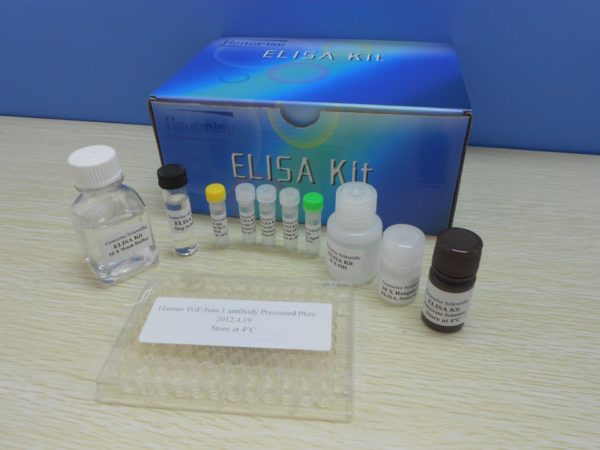
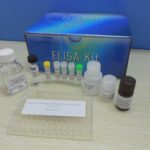
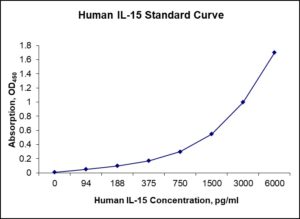
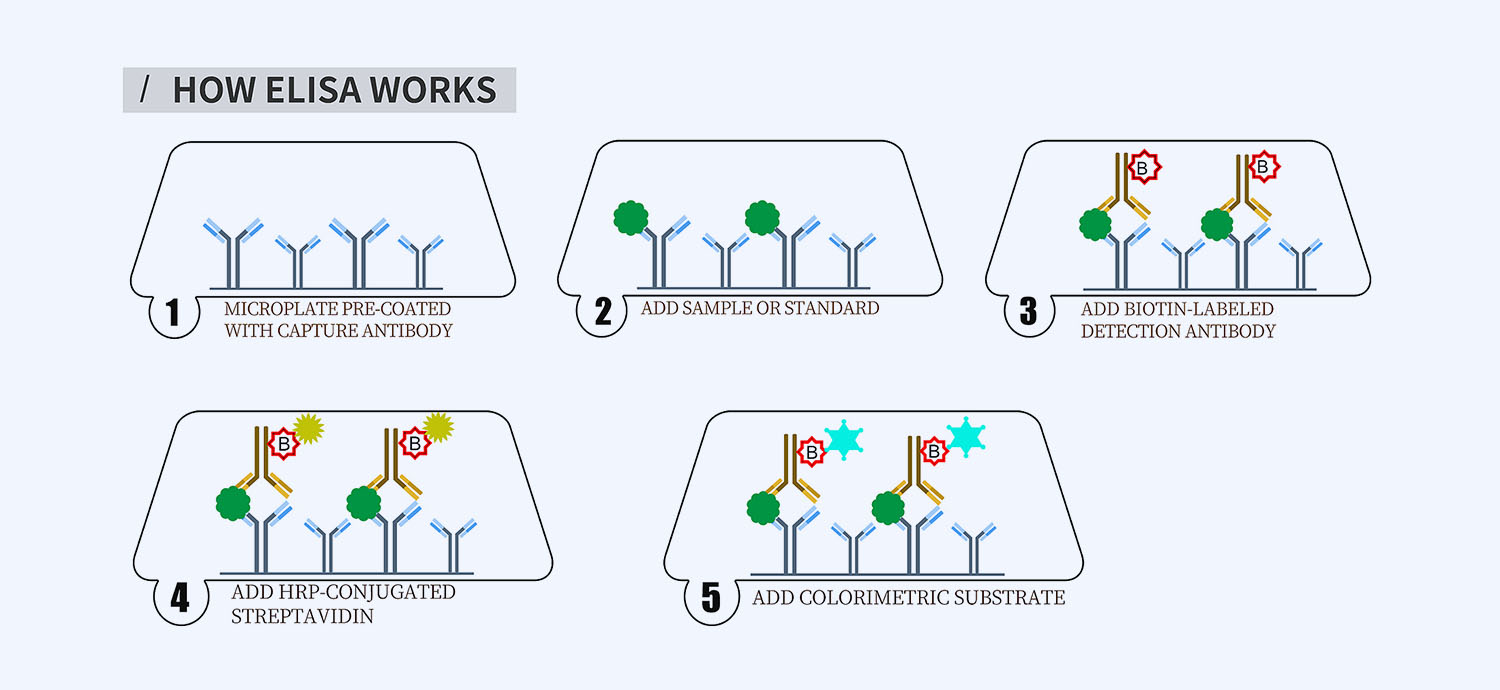
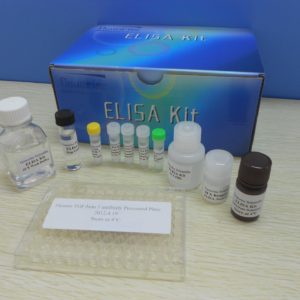
Reviews
There are no reviews yet.